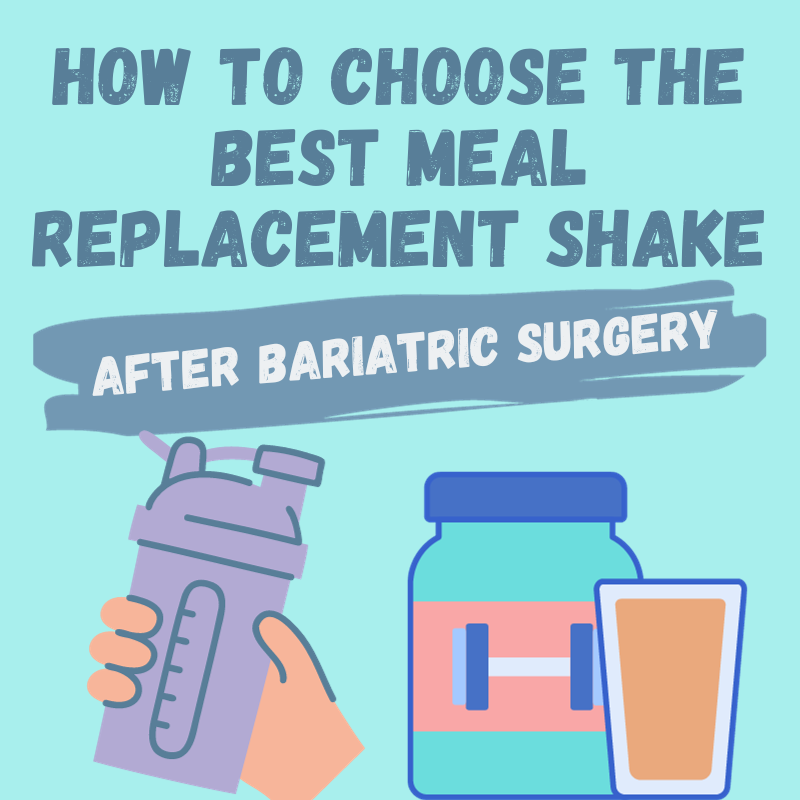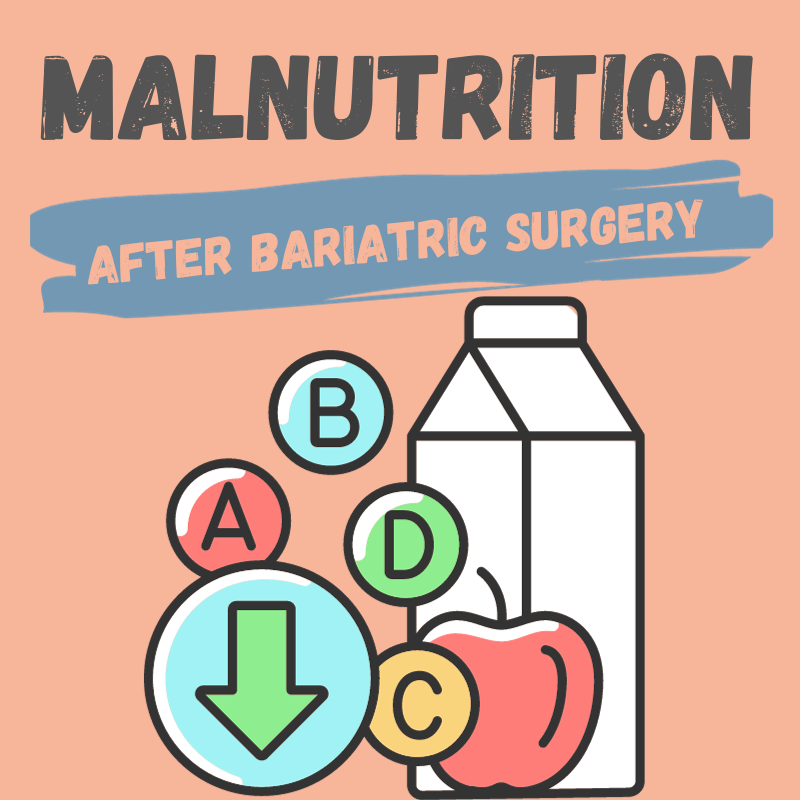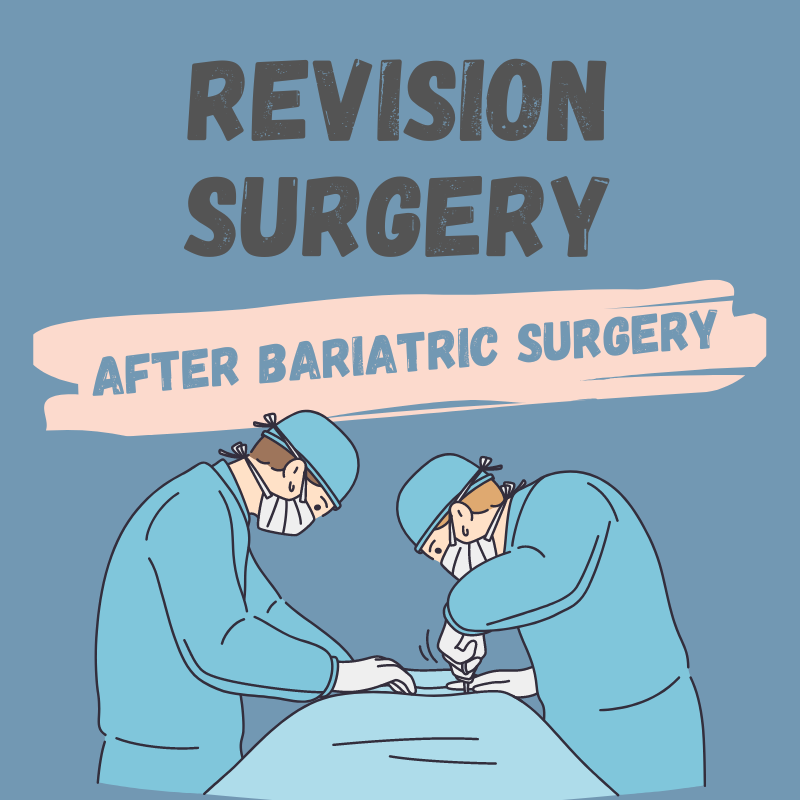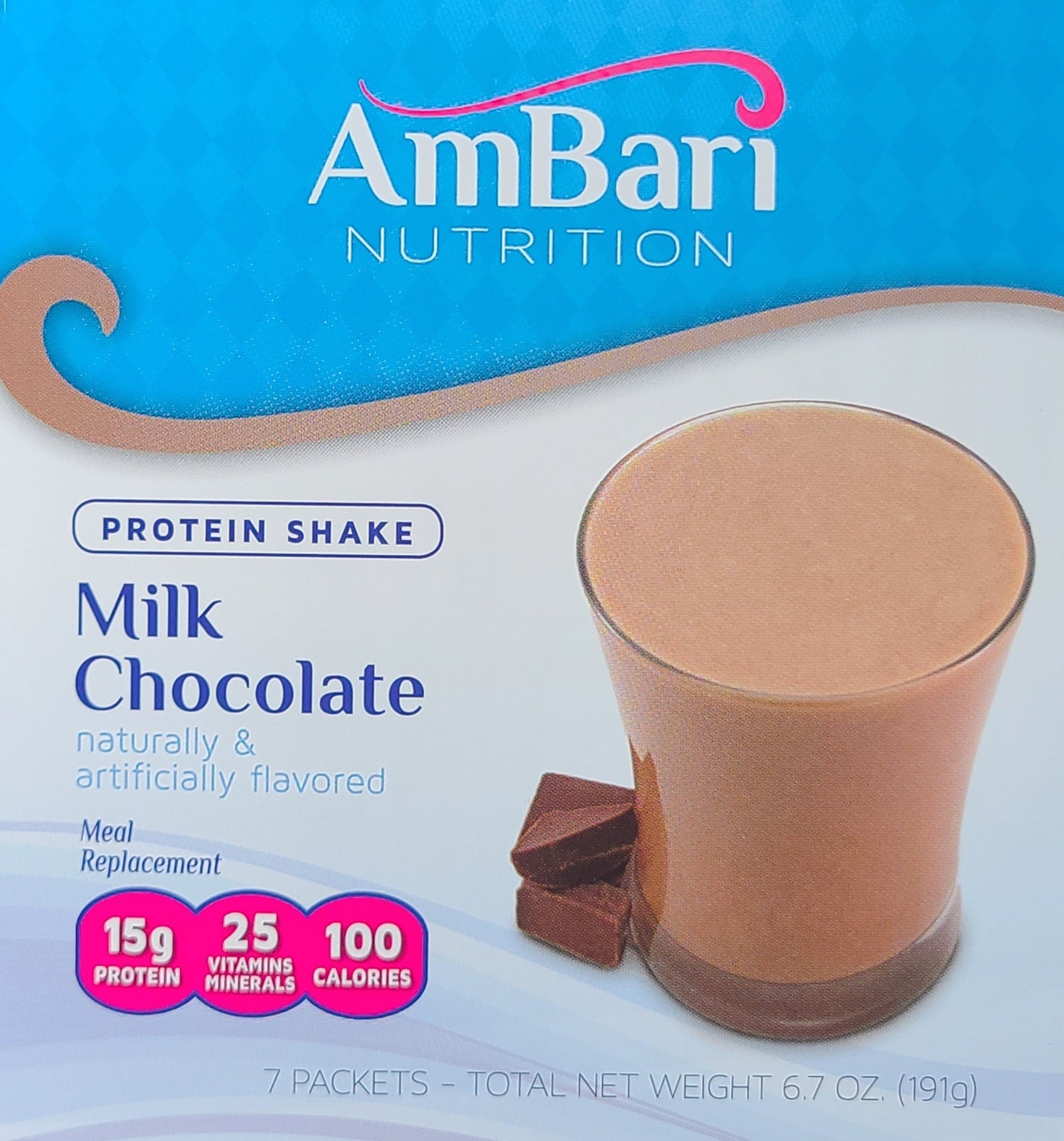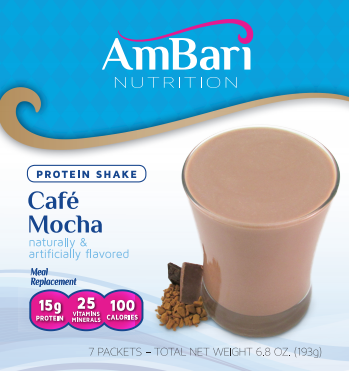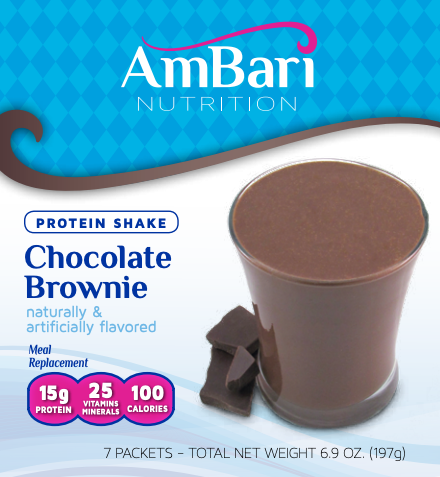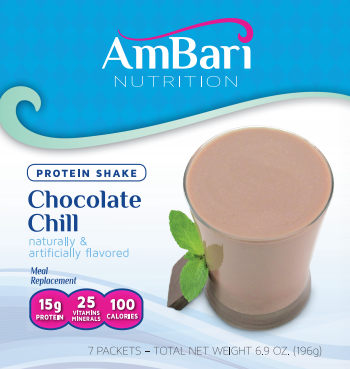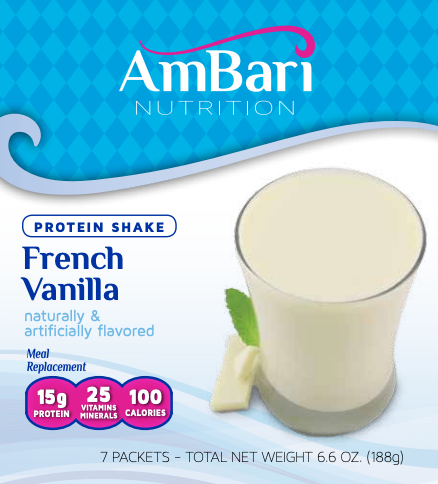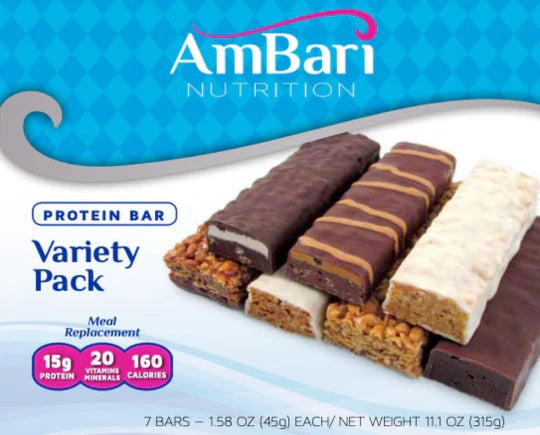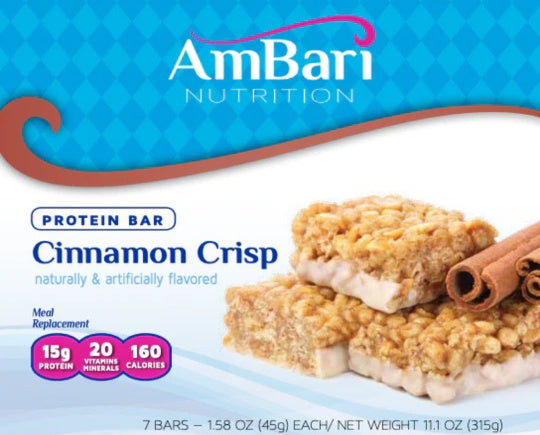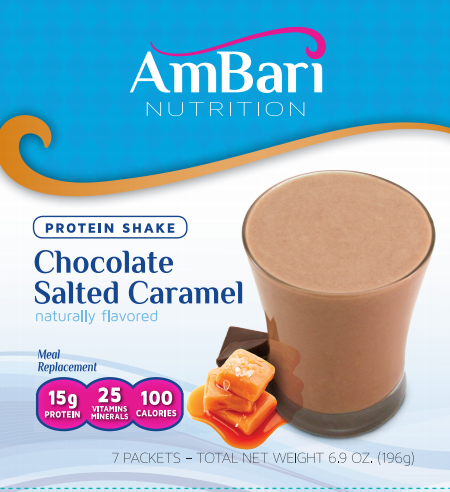Your cart is empty
5 Day Pouch Test & Reset
The 5-Day Pouch Test and Reset for Bariatric Patients:
The 5-Day Pouch Test is a simple way for bariatric patients to get back on track if they've moved away from their original eating habits and routines that were helping them lose weight. This guide will provide an overview of the 5-Day Pouch Test and offer practical tips to help bariatric patients navigate this process.
What is the 5-Day Pouch Test?
Going through a successful bariatric surgery is the first step towards your weight loss journey and can lead to lasting freedom from obesity. However, during this journey, you might face some minor challenges, unexpected situations, or setbacks. Some of the issues you might come across include abdominal stretching, weight loss plateaus, and gaining weight back at different stages.
The 5-Day Pouch Test is a specially designed short-term eating plan for bariatric patients who have already undergone weight loss surgery, such as gastric bypass, sleeve gastrectomy, or adjustable gastric banding. Instead of a more aggressive option like bariatric revision surgery, a bariatric surgeon is likely to recommend this quick, safe, and natural approach.
Created by Kaye Bailey, a weight loss surgery patient and author, the test serves as a tool to help individuals regain control over their eating habits and optimize the effectiveness of their surgery in the long run.
The 3 Primary Objectives of the 5-Day Pouch Test:
-
Reset Portion Control: After bariatric surgery, the size of the stomach is significantly reduced, which means that patients must consume smaller portions to avoid overeating and discomfort. Over time, some individuals may experience an increase in their capacity to consume larger portions, which can lead to weight regain. The 5-Day Pouch Test helps participants re-establish appropriate portion sizes by gradually reintroducing various textures of protein over five days.
-
Reinforce Mindful Eating Habits: Mindful eating is a crucial aspect of post-surgery success. It involves being present and focused during meals, eating slowly, and paying attention to hunger and satiety signals. By following the structured eating plan in the 5-Day Pouch Test, participants can practice and reinforce these essential habits, which can help prevent overeating and encourage a healthier relationship with food.
-
Reset Taste Preferences: Bariatric patients are encouraged to prioritize nutrient-dense foods and avoid high-calorie, low-nutrient options that can contribute to weight regain. The 5-Day Pouch Test can help reset taste preferences by eliminating processed and sugary foods during the five-day period. This can make it easier for participants to choose healthier options and maintain a balanced diet in the long term.
The Pouch Test Will Not:
- Shrink your stomach
- Reduce hunger or increase satiety (feeling of fullness)
- Reset your body
- Cut cravings for carbs or salty/sweet foods
Preparing for the 5-Day Pouch Test
Before starting the 5-Day Pouch Test, talk with your doctors to ensure it's suitable for you. Set realistic expectations and create a meal plan for the five days. Don't forget to stock up on groceries and make sure to stay hydrated and take vitamin supplements as recommended by your doctor or dietician.
The 5-Day Pouch Test: A Day-by-Day Guide
Day 1: Liquid Protein - Kick off your 5-Day Pouch Test with easy-to-digest liquid protein sources. Examples include clear, low-sodium broth, sugar-free gelatin, and protein drinks like ready-to-drink shakes. Throughout the day, remember to sip water slowly to stay hydrated but avoid gulping large amounts at once.
Day 2: Protein Shakes - and Smoothies For day two, blend up some tasty protein shakes and smoothies using high-quality protein powder. Get creative with different flavors and sugar-free ingredients like berries, spinach, or unsweetened almond milk. These nutritious drinks will help you meet your protein needs while keeping your taste buds happy.
Day 3: Soft Protein - On day three, it's time to introduce soft protein sources that are gentle on your stomach. Some great options include scrambled eggs, cottage cheese, and Greek yogurt. Be mindful of portion sizes and eat slowly, giving yourself time to recognize when you're full. This practice will help you avoid overeating and get used to your body's new satiety signals.
Day 4: Firm Protein - As you progress to day four, start incorporating firmer proteins like fish, chicken, or tofu into your meals. Since these proteins require more chewing, take your time and chew each bite thoroughly. Proper chewing will help break down the food, making it easier for your body to digest and absorb essential nutrients.
Day 5: Solid Protein - On the final day of the 5-Day Pouch Test, bring in solid protein sources like lean beef, turkey, or pork. These foods will further test your portion control and chewing habits. Continue to be mindful of hunger and fullness signals, eating slowly and stopping when you feel satisfied to prevent overeating.
This 5-day diet phase process is very similar to the initial Bariatric Diet Phases you go through right after surgery.
To increase the chances of success during the 5-Day Pouch Test, stay accountable by keeping a food journal.
Maintaining Momentum Post 5-Day Pouch Test
The completion of the 5-Day Pouch Test is just the beginning of your renewed commitment to healthy eating habits. Here are some tips to help you maintain momentum and make long-lasting positive changes:
-
Create a Balanced Meal Plan - Focus on creating balanced meals with a variety of nutrient-dense foods. Aim to include lean proteins, fresh fruits and vegetables, whole grains, and healthy fats in your daily meal plan. This will not only provide essential nutrients but also help you avoid boredom and maintain interest in healthy eating.
-
Prioritize Protein - As a bariatric patient, prioritizing protein intake is crucial to maintain muscle mass and support overall health. Aim to consume high-quality protein sources at every meal and snack. Good protein options include poultry, fish, lean meats, eggs, dairy, and plant-based proteins like beans and tofu. Also keep protein shakes and protein bars around so that if you do snack, it's something meant for a bariatric diet.
-
Monitor Portion Sizes - One of the primary objectives of the 5-Day Pouch Test is to reestablish portion control. Continue to be mindful of portion sizes, using tools like measuring cups, a food scale, or visual cues to help you serve appropriate amounts. Remember, your stomach pouch is smaller after bariatric surgery, so it's essential to avoid overeating.
-
Stay Hydrated - Drinking enough water is essential for overall health, digestion, and weight management. Aim for at least 64 ounces (8 cups) of water daily, sipping slowly throughout the day. Keep in mind that it's best to avoid drinking fluids during meals, as this can cause the stomach to fill up too quickly.
-
Practice Mindful Eating - Eating slowly and paying attention to your body's hunger and fullness signals is important. Take the time to savor each bite, chew thoroughly, and put your utensils down between bites. This will help you recognize when you are satisfied and prevent overeating.
-
Develop a Support Network - Having a support network can make a significant difference in maintaining healthy habits post-surgery. Connect with fellow bariatric patients by joining a support group so you can talk with other post-ops that are sharing a similar experience.
-
Stay Active - Physical activity is a vital component of a healthy lifestyle and can help you maintain your weight loss. Find an exercise routine that you enjoy and can stick to, whether it's walking, swimming, yoga, or strength training.
-
Address Emotional Eating - Emotional eating can be a common challenge for many bariatric patients. Identify your triggers and develop healthy coping strategies to manage stress, anxiety, or other emotions without turning to food for comfort.
Remember, consistency is key with your post-op life.
Here's some references if you'd like to learn more:
-
Bailey, K. (2008). The 5 Day Pouch Test Owner's Manual. LivingAfterWLS Publications.
- This book, written by the creator of the 5-Day Pouch Test, provides detailed information on the process and offers guidance for bariatric patients looking to reset their eating habits.
-
Bariatric Surgery Source. (n.d.). 5 Day Pouch Test for Bariatric Surgery Patients. Retrieved from https://www.bariatric-surgery-source.com/5-day-pouch-test.html
- This online resource offers additional information and guidance on the 5-Day Pouch Test for bariatric patients.
-
American Society for Metabolic and Bariatric Surgery (ASMBS). (n.d.). Life After Bariatric Surgery. Retrieved from https://asmbs.org/patients/life-after-bariatric-surgery
- The ASMBS website provides valuable resources for bariatric patients, including guidelines for post-surgery nutrition and lifestyle changes.
Author: Allison Eisenberg Allison is a certified nutritionist and author with over 15 years of experience writing in the health and weight loss industry. She is passionate about helping people achieve their goals through proper nutrition and exercise. As a certified nutritionist, Allison has worked with clients from all walks of life and helped them make positive changes to their diet and lifestyle. |
Reviewed By: Dr. K. Huffman Kevin D. Huffman, D.O. is a board-certified bariatric physician who has dedicated his career to treating obesity. With over 10,000 patients under his care, he has become a respected authority in the field of bariatric medicine. Dr. Huffman has trained and mentored hundreds of healthcare providers and is widely recognized as a national leader in the field. |
Bariatric Guides & Information
More Info
Customer Favorites
- Choosing a selection results in a full page refresh.










